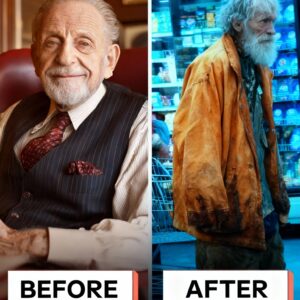Sleeping with wet hair can have several implications for health and hair care, although it’s not
necessarily dangerous in every case. Here are some points to consider:
Scalp Issues
Sleeping with wet hair can create a humid environment on the pillow, ideal for the growth of fungi and bacteria.
This could lead to dandruff, irritation, or scalp infections.
Hair Weakness
Wet hair is more fragile and prone to breakage. Rubbing it against the pillow during
sleep can damage it, causing split ends and breakage.
Respiratory Problems
While there’s no direct evidence that sleeping with wet hair causes colds, some studies suggest
that prolonged exposure to moisture could contribute to discomforts like sore throats or sinusitis in predisposed individuals.
Unruly Hair
Upon waking, your hair may be more tangled or difficult to manage due to uneven drying during the night.
Tips if you need to sleep with wet hair:
Use a silk or satin pillowcase to reduce friction.
Gently comb or braid your hair to minimize tangling.
Consider using a microfiber turban or cap to absorb moisture.
Ideally, drying your hair before sleeping, either naturally or with a towel, is the best way to avoid these issues.





